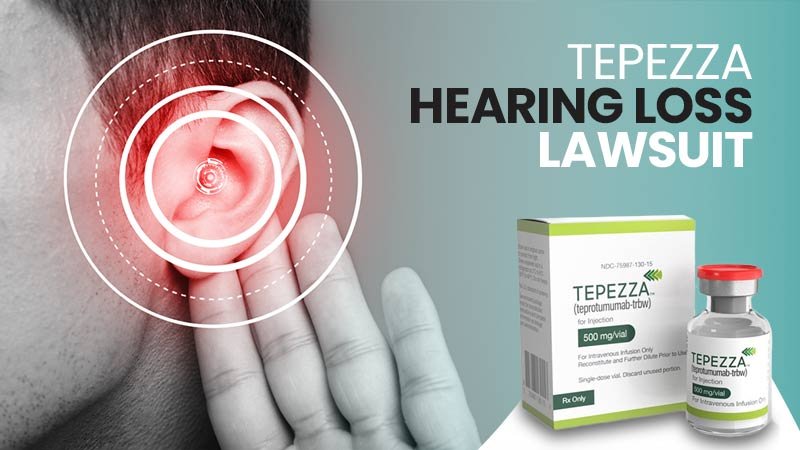What are the Most Common Semi-Truck Accident Injuries?
Semi-truck accidents are some of the most devastating collisions that can happen on our roads. Not only do they involve huge vehicles, but they also often lead to life-changing injuries for most victims. That’s why it is important to know the different types of semi-truck-related accidents so you can inquire about compensation. You can contact a personal injury law group called Hale Law, P.A. for a professional opinion about your situation.
Also read: The Main Causes for Accidents Involving Large Trucks and 18-Wheelers
Back and Neck Injuries
Back and neck injuries are some of the most common types of semi-truck accident injuries. And occupational drivers are at the highest risk for these types of injury, which often leads to chronic back pain and other problems. Traumas like this could affect your ability to work or enjoy life as usual, so it’s always a good idea to contact an attorney.
This injury usually happens if you are rear-ended by another vehicle. This could lead to anything from whiplash to something more serious, like coma or paralysis.
Broken Bones
Broken bones are another common injury in semi-truck accidents. These injuries are usually seen in the aftermath of a crash, but they can also happen if someone falls from the top of a semi-truck or slips while trying to load cargo onto one.
A broken bone accident can happen to anyone, but some people are more at risk. For example, people with prior injuries or those who have a family history of bone breaks might be especially susceptible to this kind of injury.
Broken bones can lead to all sorts of long-term problems for the victim and it’s not just about the physical pain. There could be mental and emotional consequences as well, which is why it’s so important to speak with a lawyer if you or someone you love has been injured in this type of accident.
Head Injuries
Head injuries are another common type of semi-truck accident injury. And they usually happen when someone falls off a truck, or when there’s a collision. Either way, this is one injury that you should never take lightly and it’s important to speak with an attorney if it happens to you.
Head injuries can be devastating and often have long-lasting impacts on the victim. They could lead to amnesia, mental illness, or several other difficulties that make everyday life more challenging than it should be. The good news is there are some things you can do to avoid head trauma when riding in semi-trucks such as wearing a safety belt and driving while 100% sober.
Rib and Torso Injuries
A semi-truck accident can also lead to rib and torso injuries, which are some of the most painful types. These happen when a person is either crushed by the weight of cargo or hit head-on in a rear-end collision.
Ribs could break due to impact from another vehicle, or they might just be bruised and painful from the collision. Either way, it’s always a good idea to get checked out and see if there are any signs of internal bleeding, which could be deadly. The same goes for torso injuries.
You should also check your breathing to make sure you’re not experiencing a punctured lung or other serious injuries that could be fatal.
Seat Belt Injuries
This is another type of injury that can happen to anyone, but some people are more at risk. Occupational drivers and passengers, for instance, have a higher chance of sustaining seat belt injuries because they are on the road all the time.
Seat belts usually do their job of keeping you in your vehicle during an accident, but they can also be the cause of your injuries. If the belt is too tight or it’s not positioned correctly, you might be at risk for injuries like broken ribs, pelvic fractures, and spinal injuries.
Deep Cuts
Finally, we have deep cuts. These types of injuries usually happen when someone is either thrown out of the truck or cut by broken glass or metal.
Deep cuts sometimes lead to more serious problems like damaged tendons and nerves, which can result in long-term disability.
If this type of injury happens to you, it’s important to seek medical treatment and also to speak to an attorney so they can determine the best course of action for your case. Some deep cuts require surgery and more intensive care than others, so the outcome of your case depends on the actual situation.
Follow Us
Latest Post
















